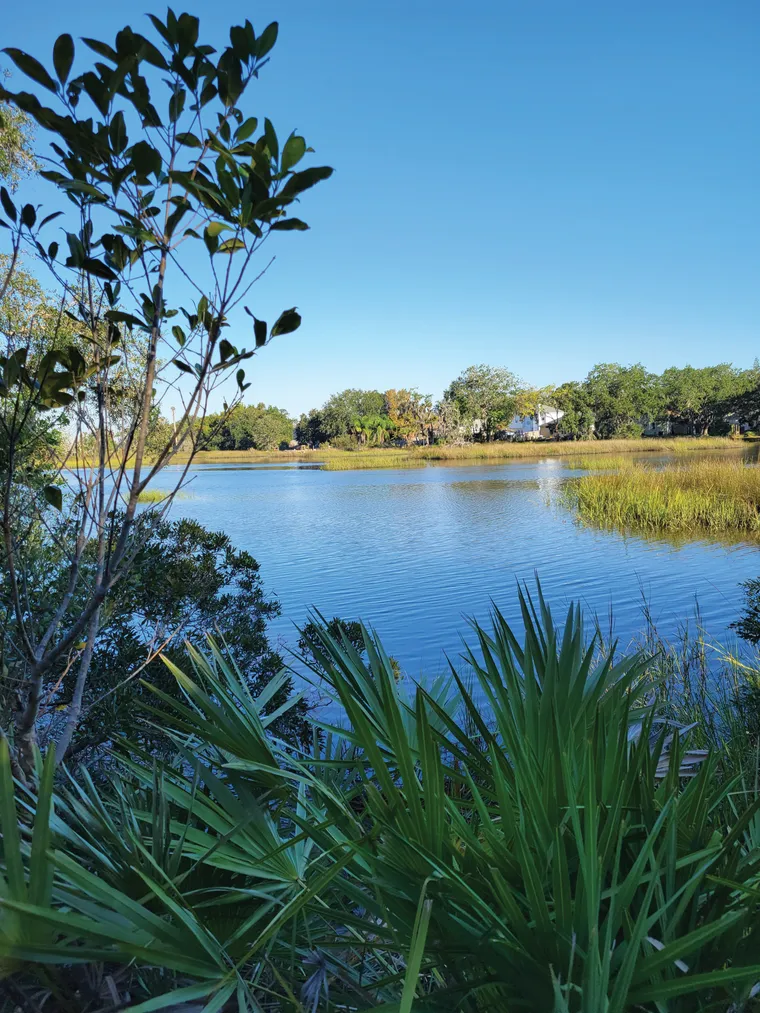A Jacksonville land-acquisition program focuses on conservation, wildlife, and resilience
The city of Jacksonville, Fla., has one of the largest park systems in the United States, with hundreds of active parks that offer family-friendly amenities such as playgrounds, pools, splash pads, multi-use fields, and courts for a variety of sports. The city also manages an extensive preservation park system established by the Preservation Project Jacksonville; this land-acquisition program has focused on the conservation of ecologically important areas. The project was hugely successful, and the city and its partners have acquired and protected over 80,000 acres of land. Preservation parks provide natural areas for recreation and educational programs, preserve the city’s cultural heritage, protect native plants and wildlife, and promote resilience.
Dozens of preservation parks are now open to the public for passive recreation, such as hiking, biking, horseback riding, paddling, and birdwatching. Amenities include extensive trail systems, picnic shelters, boardwalks, and fishing piers. The city’s parks are managed by the Department of Parks, Recreation, and Community Services, that collaborates closely with its partners, including the Florida State Parks and National Park Service, to provide high-quality recreational opportunities for park visitors. An excellent example of this partnership is the 7 Creeks Recreational Area, which is comprised of national, state, and city parks connected by a well-marked trail system with uniform signage, so park visitors can easily navigate within and between parks. The 7 Creeks Recreational Area is also the home to the 7 Creeks Fest, an annual family-friendly event with environmental exhibitors, demonstrations, and activities for people of all ages. The festival celebrates the 7 Creeks Recreational Area, helps connect people with nature, and teaches visitors about environmental stewardship.
Additional educational programs are hosted year-round by the city’s Park Naturalists, who offer guided hikes, bicycle tours, and kayak excursions during which they share information about the ecological, historical, and cultural significance of the parks. These programs offer insight into the different people who have lived in Jacksonville and how they connected with the surrounding environment. For example, the city’s Betz Tiger Point Preserve was used by indigenous communities for hunting and fishing for over 5,000 years. Jacksonville’s heritage is largely influenced by its position on the St. Johns River, and the practice of fishing and harvesting marine life for sustenance is culturally significant to local communities, including indigenous people and the Gullah Geechee people. Therefore, protecting natural areas that support fish and wildlife is critical for local heritage and culture.

